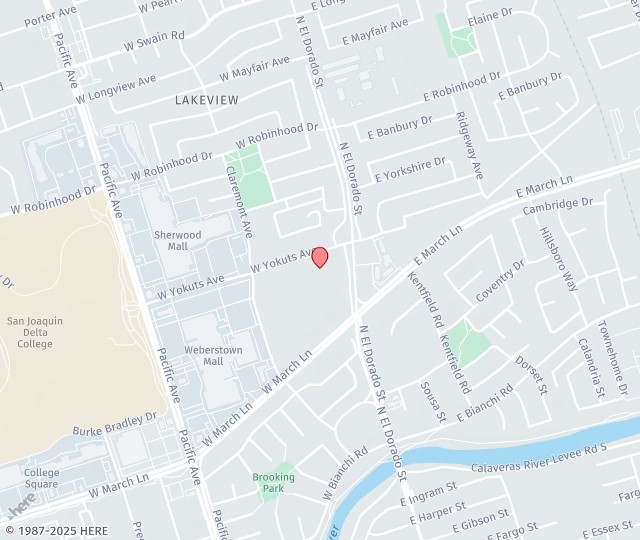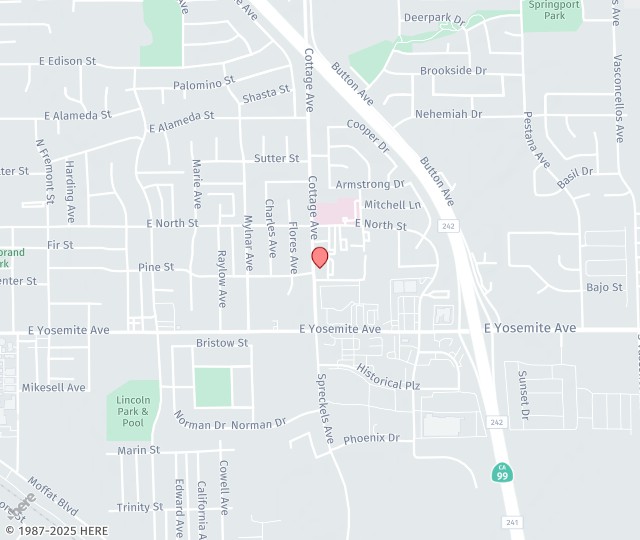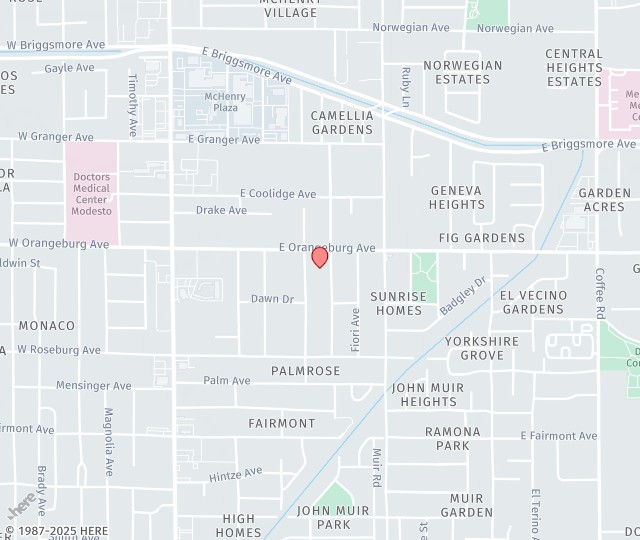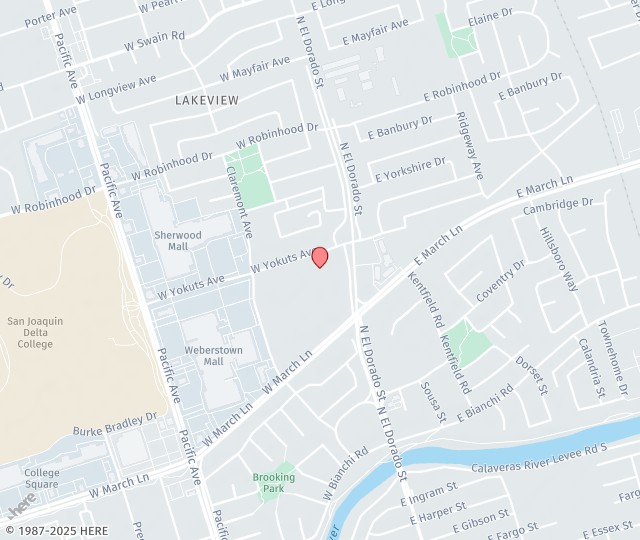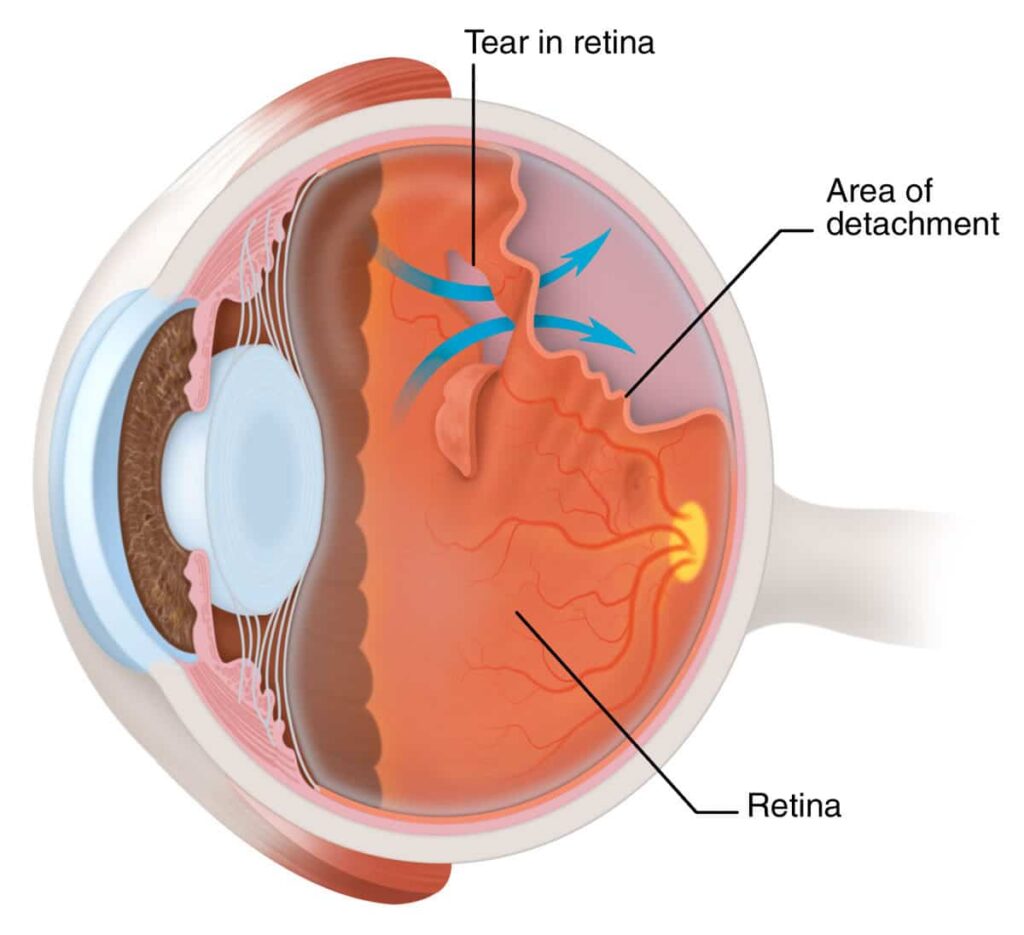
Retinal detachment occurs when the retina is lifted or pulled from the wall of the eye. If not treated immediately, a retinal detachment can cause permanent vision loss. A retinal detachment is a medical emergency. Anyone experiencing the symptoms of a retinal detachment should call the office immediately.
SCHEDULE AN APPOINTMENT
If you would like to learn more about Retinal Detachment Overview & Treatment Options
in Stockton, Modesto, & Manteca, CA call +1 (800) 244-9907 to make an appointment at Central Valley Eye Medical Group.
FAQ
Retinal detachments are treated with surgery that may require a hospital stay. In some cases, a scleral buckle, a tiny synthetic band, is attached to the outside of the eyeball to gently push the wall of the eye against the detached retina. If necessary, a vitrectomy may also be performed. Vitrectomy is a procedure in which the vitreous humor is removed and replaced with a gas that pushes the retina back onto the wall of the eye. Over time the eye produces fluid that replaces the gas. In both of these procedures either a laser or a cryopexy (a freezing device) is used to “weld” the retina back in place.
Retinal tears occur when the vitreous pulls away from the retina. When this happens, liquid passes through the tear and settles under the retina. This can make the retina separate from the back wall of the eye — retinal detachment.
An eye exam will be used for this diagnosis. Once your Central Valley eye doctor has dilated your eye, he or she will check the retina at the back. A couple of noninvasive tests may be used to help see the retina clearly and in more detail:
- Optical coherence tomography (OCT) — The patient sits in front of the OCT machine and rest their forehead on a support to keep it perfectly still. The machine then scans your eye without touching it.
- Ocular ultrasound — Dilation isn’t necessary here, but as with OCT the patient sits upright and rests their forehead on a support. The ultrasound instrument is then placed against the front of your eye to scan it. You sit with eyes closed. As you move your eyeballs the eyes are scanned.
Retinal detachment is most likely to occur in people from ages 40 to 70. It happens to about one in 10,000 people each year.
You can’t prevent retinal detachment, but there are steps you can take to lower your risk of this happening:
Get regular eye care — Eye exams are important for your overall eye health, plus they allow the team at Central Valley Eye Medical to spot problems such as glaucoma and to see small retinal tears before they become sight-endangering conditions. If you are nearsighted, eye exams are especially important, as myopia makes a person more prone to retinal detachment.
Don’t hesitate if you see new floaters or flashes — If you see new floaters or flashes at the sides of your vision, or any other notable changes in your vision, you need to get to get medical help immediately.
Keep diabetes or high blood pressure in check — If you have these conditions, they need to be managed, as this will help to keep the blood vessels in your retina healthy.
Protect your eyes — Use safety goggles or other protection for your eyes when playing sports, working with tools, or doing other activities that could endanger your eyes.
Yes, retina surgery is usually required to prevent permanent damage to the patient’s vision. These conditions cannot be left untreated, as they will worsen.
The outlook for a person who has had retinal detachment depends on the extent of the detachment coupled with the quality of vision prior to detachment. In general, surgery to repair retinal detachment is very successful — the repair works in over 90 percent of patients. In some cases, a second procedure can be necessary.
